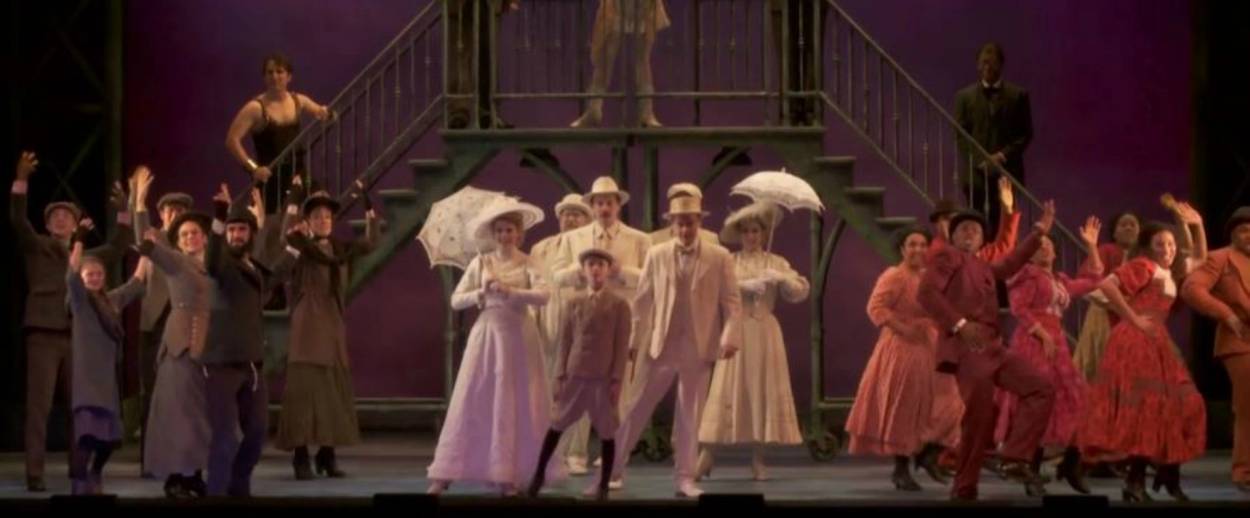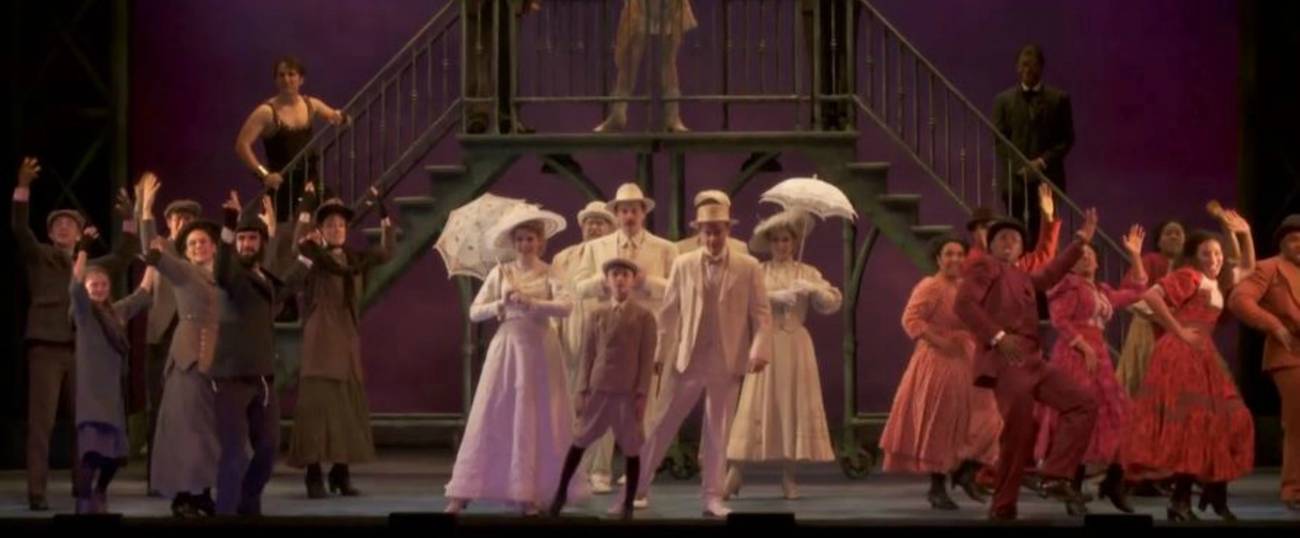‘Ragtime’ and Racial Epithets on Stage
A New Jersey school board is weighing whether to allow a high school performance of ‘Ragtime’ that includes the N-word




In southern New Jersey, a high school production of Ragtime, the musical adaptation of E.L. Doctorow’s 1975 historical novel, is facing the possibility of censorship. The story, set in New York from the early 20th century through America’s entry into World War I, focuses on several marginalized groups, including African Americans in Harlem, and Jewish and Irish immigrants. The musical contains sensitive language about race: The N-word is used several times, for example, and its usage throughout the musical has caused a stir at Cherry Hill High School East, prompting the township’s school board to determine if—and how—the show, planned for March, will go on.
Last week, after the Cherry Hill Township’s Board of Education received concerns from the Camden County East NAACP Chapter and the Cherry Hill African American Civic Association, the school board agreed to remove offensive racial slurs from the script. But the Cherry Hill community have spoken up in defense of free speech in theater, prompting the school board to weigh their options.
At a board meeting on Tuesday, Superintendent Joseph Meloche said that without authorization from Music Theatre International, the licensing agency responsible for the show, the district would be “at a crossroads to determine whether to move forward with the show in its original form or to pursue other options.”
According to Drew Cohen, president of Music Theatre International, altering the script would not be legally possible. “In the case of racial epithets, if that is the right term, we’re not able to allow any licensee the permission to edit or otherwise modify the script as written,” said Cohen, who said that in his 14 years at MTI, he has only encountered two other occasions on which schools wanted to censor Ragtime.
The musical Ragtime, based on Doctorow’s novel, was first produced in Toronto in 1996—with a book by Terrence McNally, lyrics by Lynn Ahrens, and music by Stephen Flaherty—before coming to Broadway. Set at the turn of the 19th century, Ragtime tells the intertwining stories of three families in New York in pursuit of the American dream: an African American couple in Harlem; wealthy, WASPy suburbanites in New Rochelle; and Jewish immigrants from Europe. The racial attidues of the time are front and center, as partially seen by use of the N-word.
On Monday, a Cherry Hill theater troupe, made up of students, created a Change.org petition that has more than 1,700 signatures (and counting); actor Brian Stokes Mitchell (who earned a Tony nomination when he originated the role of Coalhouse Walker Jr. in Ragtime on Broadway in 1998), gave a statement in support of an unfettered musical; and a number of cast members gave impassioned speeches at Tuesday’s board meeting.
“To take the ugly language out of Ragtime is to sanitize it, and that does it a great disservice,” Mitchell said in an interview with Arts Integrity Initiative at the New School for Drama in New York. “People should be offended by those words. But it’s not done in a way that glorifies the people saying it. Rather, it allows the show to take people on a journey.”
“I fully understand the feelings of discomfort,” Cedric Middleton, who plays Coalhouse in Cherry Hill East’s production, said at the board meeting. “Ragtime is how we get through such ugliness.”
“We are still very much in the discussion process,” said Barbara Wilson, the district’s public information officer, in an interview. “And we expect that to go until the beginning of next week.”
Zoe Miller is Tablet’s editorial intern. Follow her on Twitter here.